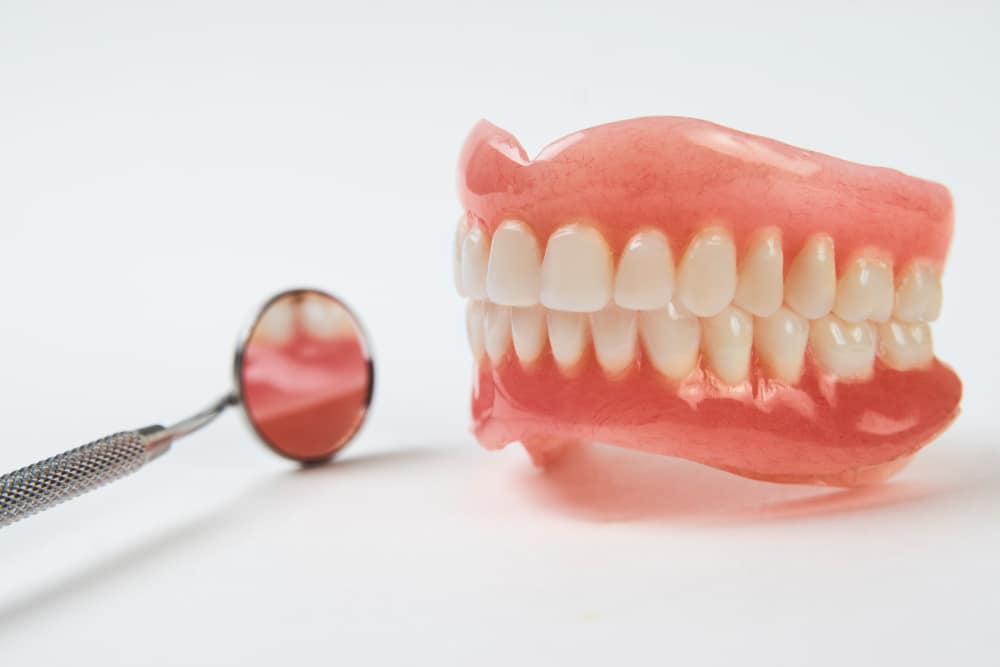Many of you might have been familiar with the overheating of mobile phones where you could not even touch the smartphone as it becomes too hot. During those situations, you might be wondering about the origin of overheating.
Various people are curious about whether a phone case can lead to overheating of the mobile. Depending on the type of case and material, the phone case can make your mobile overheat. If you prefer to buy the best and most durable phone case, kindly visit telefoonhoesje.nl, which features different types of phone cases and other accessories.
In this article, we will talk about whether a phone case causes overheating or not, how the type of case affects the phone heat and other related information.
Can A Phone Case Lead To Overheating?

First of all, it is crucial to understand that phone cases alone can not make your mobile overheat. Generally, it is the effect of using the phone for too long or direct exposure to the sun for a prolonged period.
However, it is better to remove the case if your mobile is getting too hot. Peeling off the mobile case will allow the cell phone to release the trapped heat. Hence, your smartphone can lessen the heat more effectively when there is no case.
Smartphones will overheat if the particles have more kinetic energy levels than regular. Besides that, it is the primary reason why the mobile becomes overheated. If you utilize the smartphone continuously for a longer duration, the crashes between the electrons and positive ions will increase. Because of that, the kinetic energy levels are heightened.
As modern smartphones are loaded with high power, they have more chances of getting overheated from time to time. The science enthusiasts at Cadence say that filling more power into the mobile will increase the risk of internals getting more heated.
In other words, if you have been playing games on your smartphone for an excessive duration, then your mobile will become too hot. Hence, it is obvious that the mobile case is not the reason for overheating.
Can Mobile Cases Trap Heat?

As you know, mobile cases do not make your phone overheat, but they contribute to overall overheating. The exterior surface of the mobile behaves as a cooling cover which assists in dispersing the heat released by the phone internals.
A few mobile cases tend to hold the heat and prohibit the phone’s external surface from cooling down. Due to that, your mobile will become too overheated. If you utilize a rubber case for your phone, you may be guessing about why the cell phone is getting overheated often. It is because rubber cases can hold heat well.
If you often think about why your smartphone is too hot, it is better to use a different kind of case for your mobile. If possible, it is also good to keep your phone without any case and notice if it helps in cooling down.
Can Phones Cool Down Themselves?

Firstly, the inner workings or internals of your mobile will generate heat. If you use the mobile for a prolonged time, the internals will begin to overheat. For countering that, heat spreaders are utilized to disperse the heat to the external covering of the mobile. Because of that, some phones have an aluminum frame as it is an incredible heat conductor. The mobile case covers the outer frame of the mobile. Hence, it holds the heat generated from the internals of your smartphone.
Different Types Of Phone Cases And How They Deal With Overheating
Here we will talk about how different types of phone cases deal with overheating.
Climate Case

Firstly, the climate case is good at cooling down your phone. It is a protective mobile case that helps in deterring the cell phone from getting overheated. Besides that, this case can safeguard the mobile from freezing. It looks like a pouch and resists extreme heat and cold. If your mobile is emitting extreme heat or freezing, this Climate Case can bring the phone to the normal temperature in about 60 seconds.
Aluminum Cases

Often people assume that aluminum cases will overheat their phones. However, it is not entirely true. Though it might look bulky, aluminum cases function as a good conductor of heat. Because of that, these aluminum cases will help in removing the excess heat. According to the specialists at Azo, “aluminum is a great heat conductor. It is utilized for several applications where excess heat should be dispersed quickly.”
Silicone / TPU / Polycarbonate Cases

At present, numerous mobile cases are created using silicone, TPU, or polycarbonate. Firstly, the polycarbonate material is a stronger kind of plastic. TPU material is comparable to both plastic and rubber. Silicone and TPU are poor heat conductors, which indicate that they might trap the heat. Due to that, these cases will contribute to the overheating of the phone. So, if the mobile is too hot, make sure to remove the case.
Wood / Leather / Thick Fabric Cases

Not many people use these types of cases. Thick fabrics, leather, and wood are insulators, and they can maintain the heat well. Because of that, they tend to trap the heat emitted from the internals, causing overheating.
Tips On How To Cool Down An Overheated Mobile Device
Below are some things that you need to do when your phone is too hot:
- First of all, shut off your mobile.
- Remove the mobile case from the phone except for the Climate Case.
- If the mobile is exposed to direct sunlight, keep it in a shady and cool area.
- If the mobile is getting charged, switch off the plug and pull out the charging cable.
Bottom Line
From the above information, it is clear that phone cases alone do not make your mobile overheat. But, certain types of phone cases can contribute to overheating. If your cell phone is getting too hot, it is best to take off the case (standard cases). Also, it is better to use a Climate Case because it will protect the mobile from extreme hot and cold temperatures.





